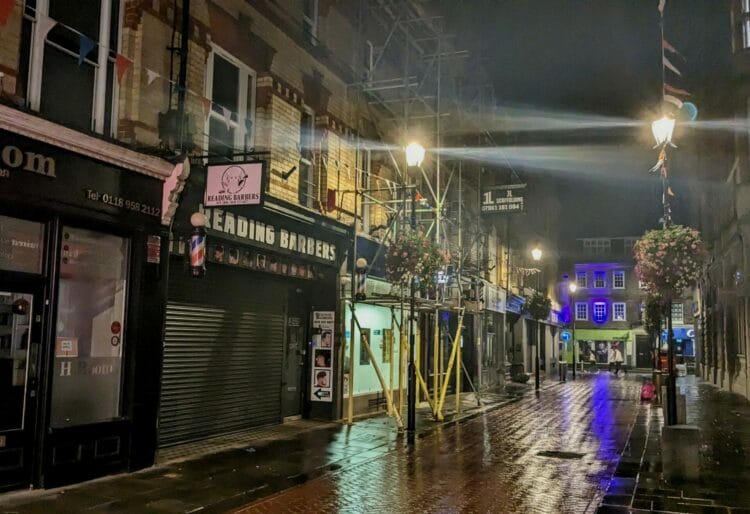INDEPENDENT Venue Week marks a celebration of independent music and arts venues and sees artists and organisations collaborating on events.
It aims to highlight why those venues are important parts of their communities as hubs for cultural and educational development, fostering creativity, socialisation, and co-operation.
Businesses of all kinds are struggling more than ever as market pressures continue to mount, and independent venues are among some of the hardest hit.
Figures from the ALIXpartners and CGA by NIQ market monitor show that 6,180 venues closed around the UK in the 12 months leading up to December last year.
While this represents a slight slowing of closures compared to the previous year, it means that nearly 23,000 venues have closed in the past three years.
Cultural venues, however, have suffered more than ever according to a report by the Music venues Trust.
Their figures show that last year was the worst in a decade for arts venues, 38% of which made a loss in 2023.
Not only do higher prices mean higher costs for the venues themselves, but it also means less spending from customers, compounding the problem.
Bill Donne of Silver Fox Licensing Consultants explained that there are a number of issues being faced by independent venues.
These include high rents, repayment of covid loans, rising energy and food costs, hesitancy of banks to lend, and continued economic recession impacting customers.
They are also grappling with difficulty with recruitment, changes in consumer habits, and increases in wage costs.
He said: “In the past two weeks three national players operating in the late-night sector have announced all or part of their businesses will go into administration with significant closures; Rekom UK, Eclectic, and Revolution Bars.
“This demonstrates that even the big players are suffering; independents usually lack the financial resources to continue trading during recessionary times.
“The major pub companies will generally have a significant freehold estate as collateral and the national chains will employ in house accountants that have oversight over the financial aspects of a business almost on a daily basis and can recognise issues in advance.
“Most small business declare their accounts months in arrears.”
He continued: “The major national chains that lease sites are just as vulnerable, as they may have bid too high on the rent they wish to pay in order to get a premium site that is at a level that is simply untenable.
“This also has a knock on effect on independents as the ‘market rent’ across an area is forced up.”
Mr Donne explained that independent venues: “In both the hospitality and retail sectors provide a vibrancy in their offerings that excites customer versus the often cookie-cutter style of national chains.
“There are a number of successful independent venues operating in Reading town centre including Milk, Face Bar, Purple Turtle, The Blagrave, Coconut, Bar Iguana, and the Angel Bar in Caversham.
“Customers are seeking added value over and above the consumption of alcohol–the national rollout of ‘Experiential’ concepts that offer electronic darts, giant shuffleboard, ten-pin bowling, mini golf, and axe throwing reflect this trend.”
Advocates for the live events industries and night-time economy have called for a number of reductions in business expenses.
This includes trade body UKHospitality, which recently called on Chancellor Jeremy Hunt for a lower rate of employer National Insurance contributions and lower rates of VAT for hospitality, leisure, and tourism firms.
Independent Venue Week takes place between Monday, January 29 and Sunday, February 4.
More information about Independent Venue Week is available via: independentvenueweek.com
























